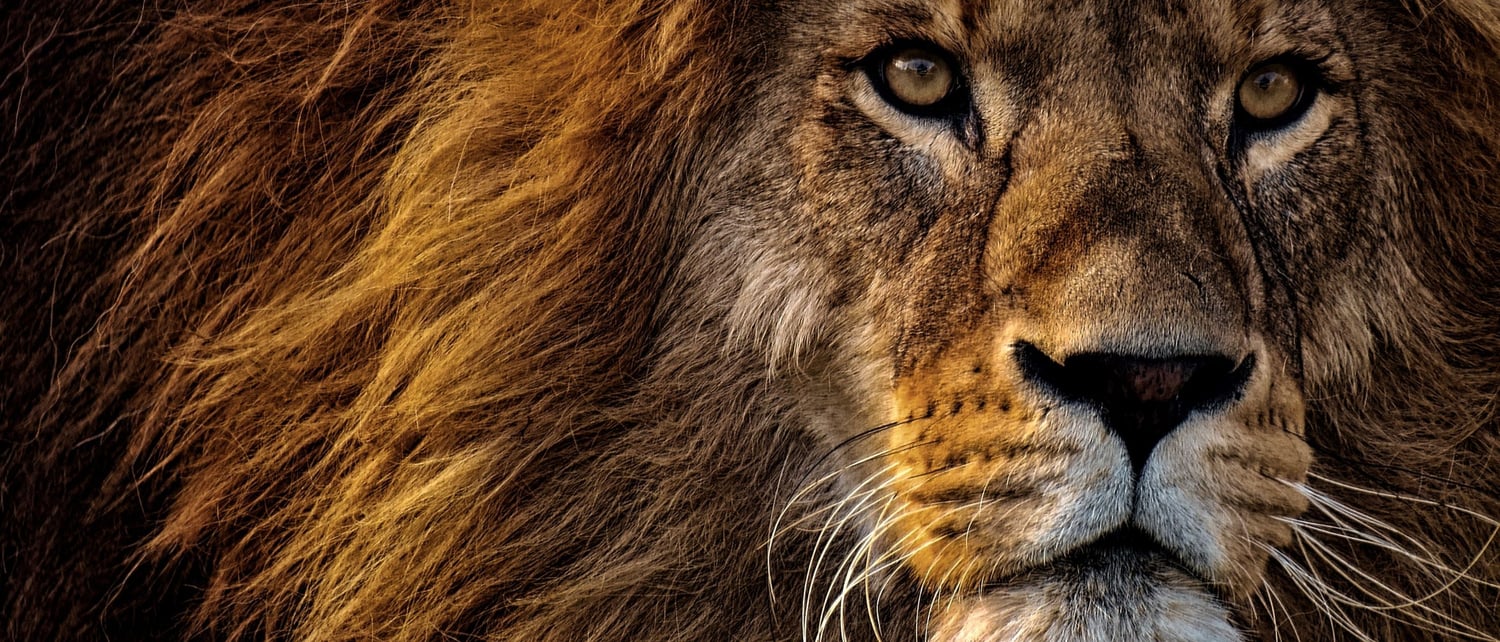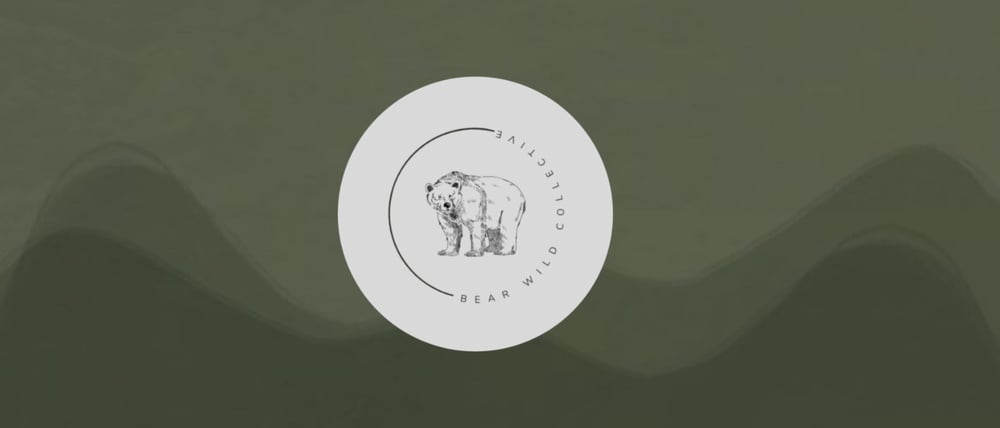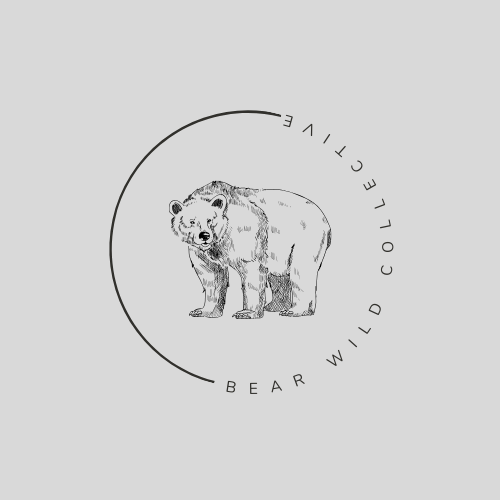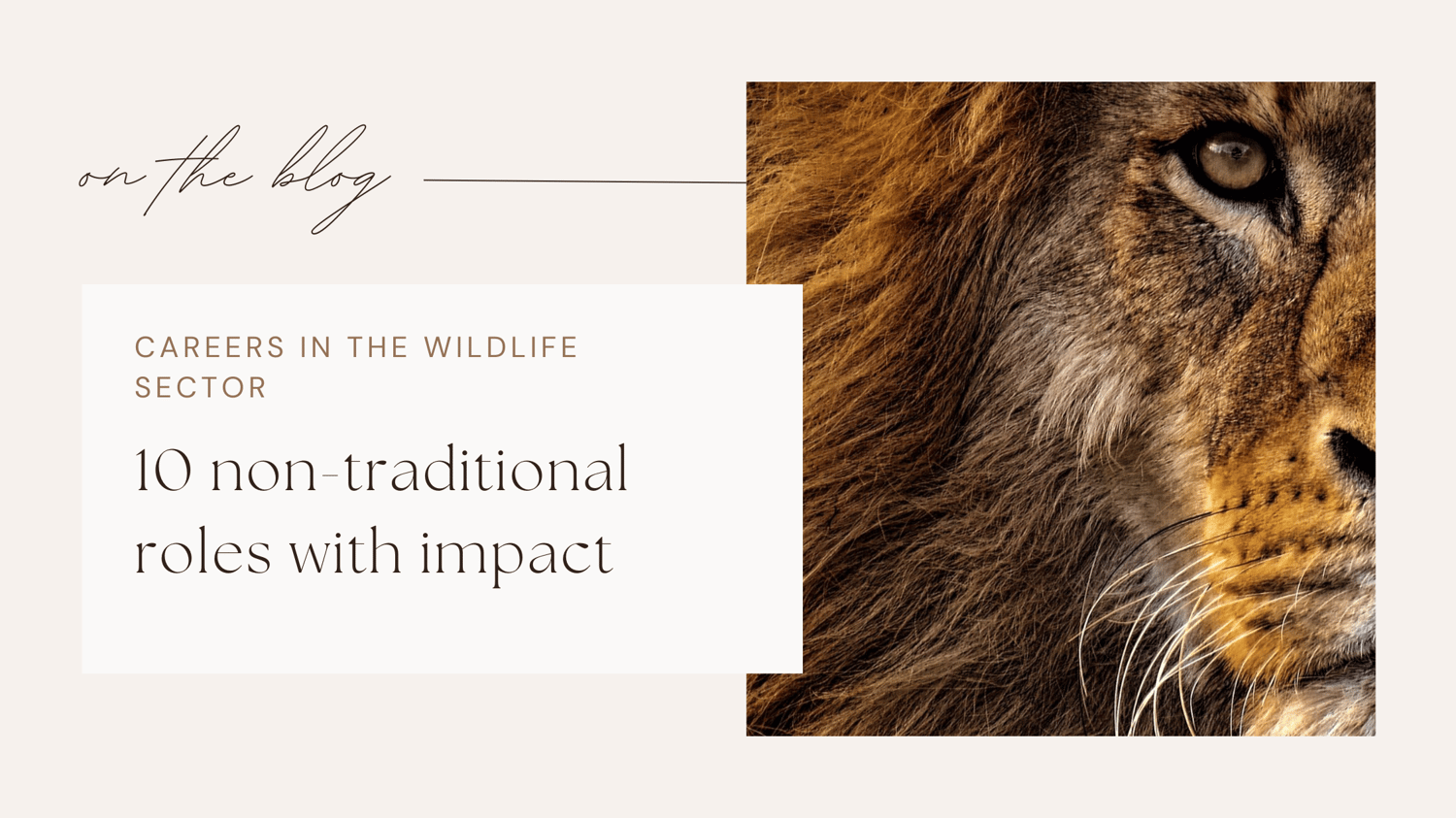Jobs protecting wildlife are vast, with opportunities extending to some unusual but essential careers that contribute to protecting our planet’s biodiversity. The sector offers a wide range of equally impactful roles that combine passion for nature with unique skill sets. Whether you're a scientist, educator, or advocate, there's a path for every passion in wildlife protection.
Read below for some non-traditional wildlife roles, see our Wildlife Career Accelerator or Wildlife Work Directory for more info about the wide range of options out there.

1. Wildlife Forensic Scientist
Wildlife forensic scientists play a key role in fighting illegal wildlife trafficking. They use DNA analysis, bone identification, and other forensic techniques to investigate poaching cases and illegal trade. Their work helps enforce laws protecting endangered species.
2. Wildlife Campaigner
Wildlife campaigners protect wild animals and their habitats by raising awareness, influencing policy, and mobilising public support. Their work often involves a combination of advocacy, education, and direct action aimed at addressing threats such as habitat destruction, poaching, and industries that exploit wild animals for profit.
3. Wildlife Policy Analyst
Policy analysists shape laws and regulations that protect ecosystems. They collaborate with governments, NGOs, and scientists to create policies addressing climate change, habitat loss, and biodiversity protection.
7. Wildlife Veterinarian
Unlike traditional veterinarians, wildlife vets work with wild animals in conservation settings, including national parks, zoos, and rehabilitation centers. They treat injuries, perform health assessments, and sometimes assist with relocating animals back into the wild. This role requires expertise in handling a diverse range of species, often in challenging environments.
8. Eco-Tourism Guide
Eco-tourism guides help tourists experience wildlife ethically and sustainably. They provide education about local ecosystems, lead safaris or nature hikes, and ensure that wildlife encounters are safe for both people and animals. This role supports conservation by promoting eco-friendly tourism and generating funds for local conservation efforts. Large international travel companies also sometimes hire wildlife and environment specialists as part of their corporate social responsibility (CSR) teams.
3. Field Biologist
Field biologists work directly in natural habitats, studying animal behavior, population dynamics, and ecosystems. They often trek through remote areas, collecting data to inform conservation strategies. Responsibilities include tracking wildlife movements, monitoring endangered species, and sometimes even reintroducing animals into the wild. It’s an adventurous career for those who love the outdoors.
5. Conservation Educator
Conservation educators bridge the gap between science and the public, raising awareness about wildlife protection. They work in schools, zoos, and nature centers, developing educational programs that inspire people to protect nature. Their role is crucial in building the next generation of conservation advocates.
6. Wildlife Crime Scene Investigator (CSI)
Wildlife CSIs investigate crimes such as poaching, illegal wildlife trade, and habitat destruction. They collect evidence from crime scenes, including carcasses, traps, and DNA samples. Their investigative work helps law enforcement agencies build cases against poachers and traffickers, ensuring that perpetrators are held accountable.
9. Wildlife Filmmaker or Photographer
Wildlife filmmakers and photographers capture the beauty and plight of wild animals to inspire global action. They travel to remote locations, often spending weeks or months documenting species in their natural habitats. Their work plays a vital role in raising awareness about conservation issues and inspiring public engagement.
10. Wildlife Lawyer
Lawyers specialize in legal cases related to wildlife protection, habitat preservation, wild animal rights, and conservation policy. They work with governments, NGOs, and advocacy groups to enforce laws like the Endangered Species Act, ensuring that wildlife has a legal voice in the fight against exploitation.
You don’t need to be a scientist to make a meaningful impact. Whether working in law, education, media, or on the front lines of conservation, there’s a role for every skill set and passion in the fight to protect wildlife.



